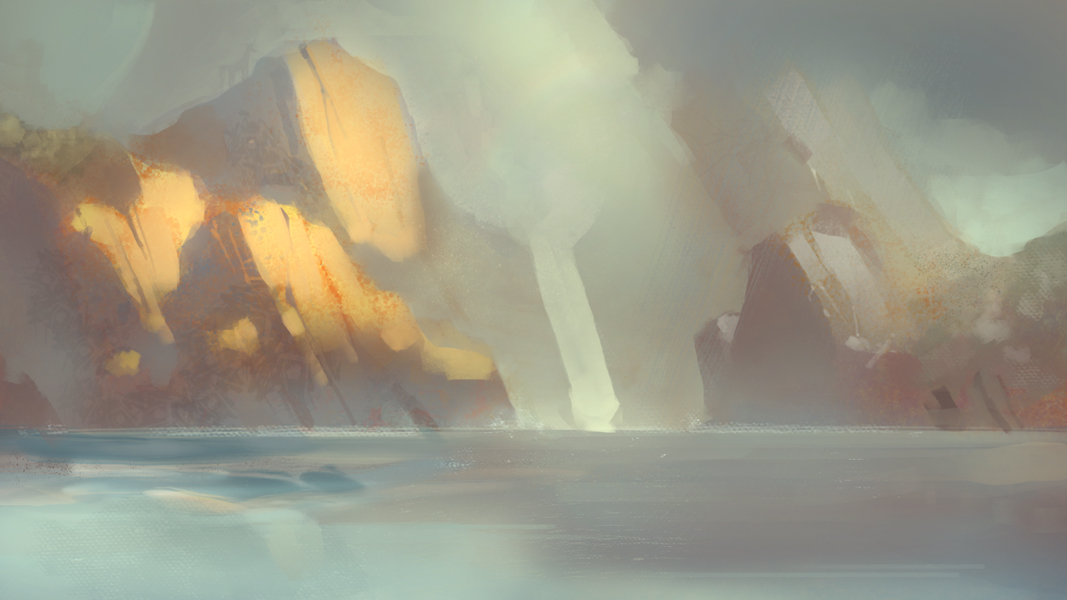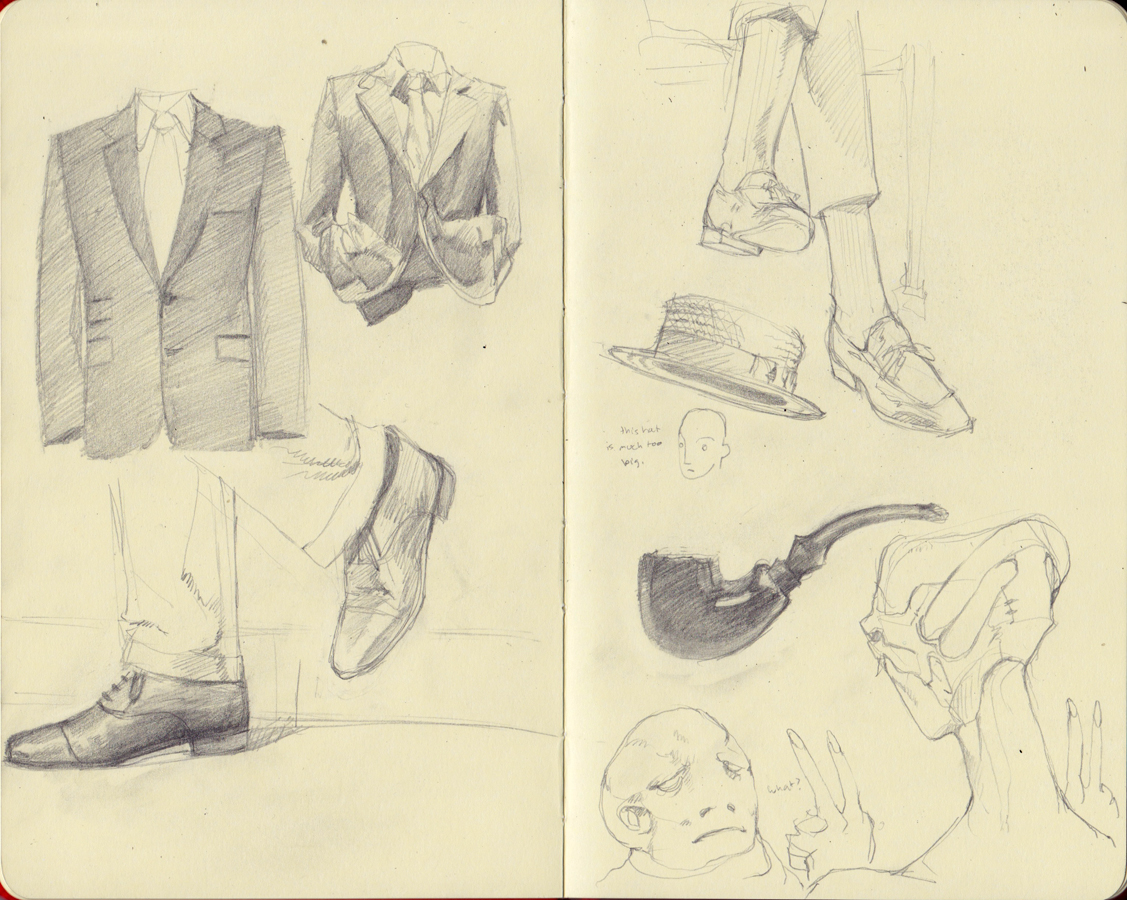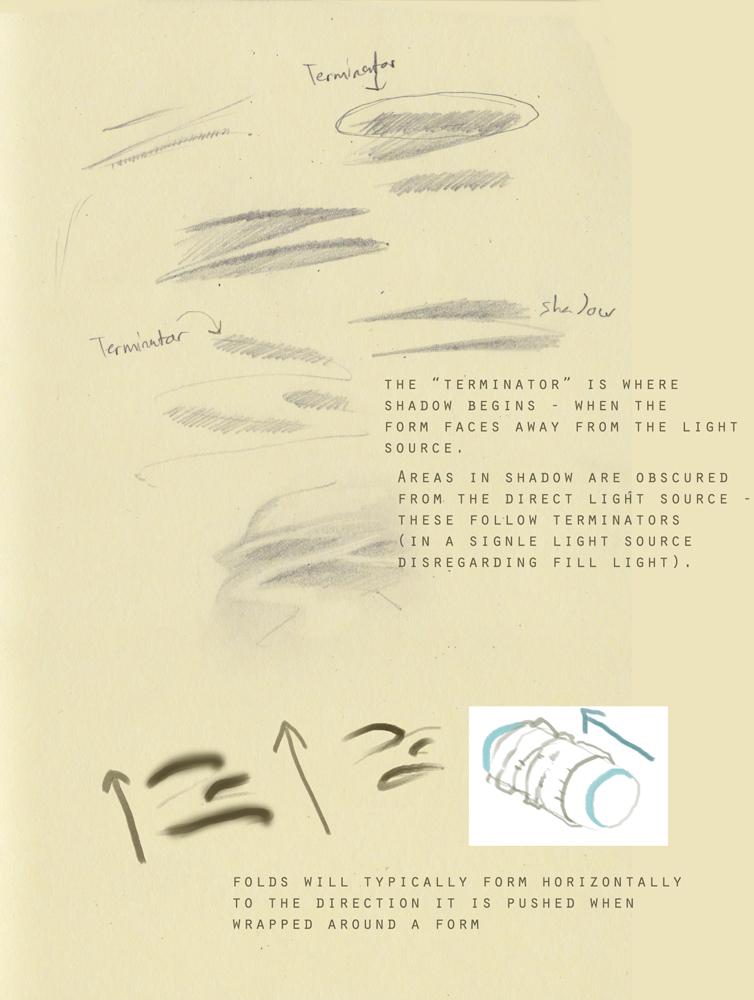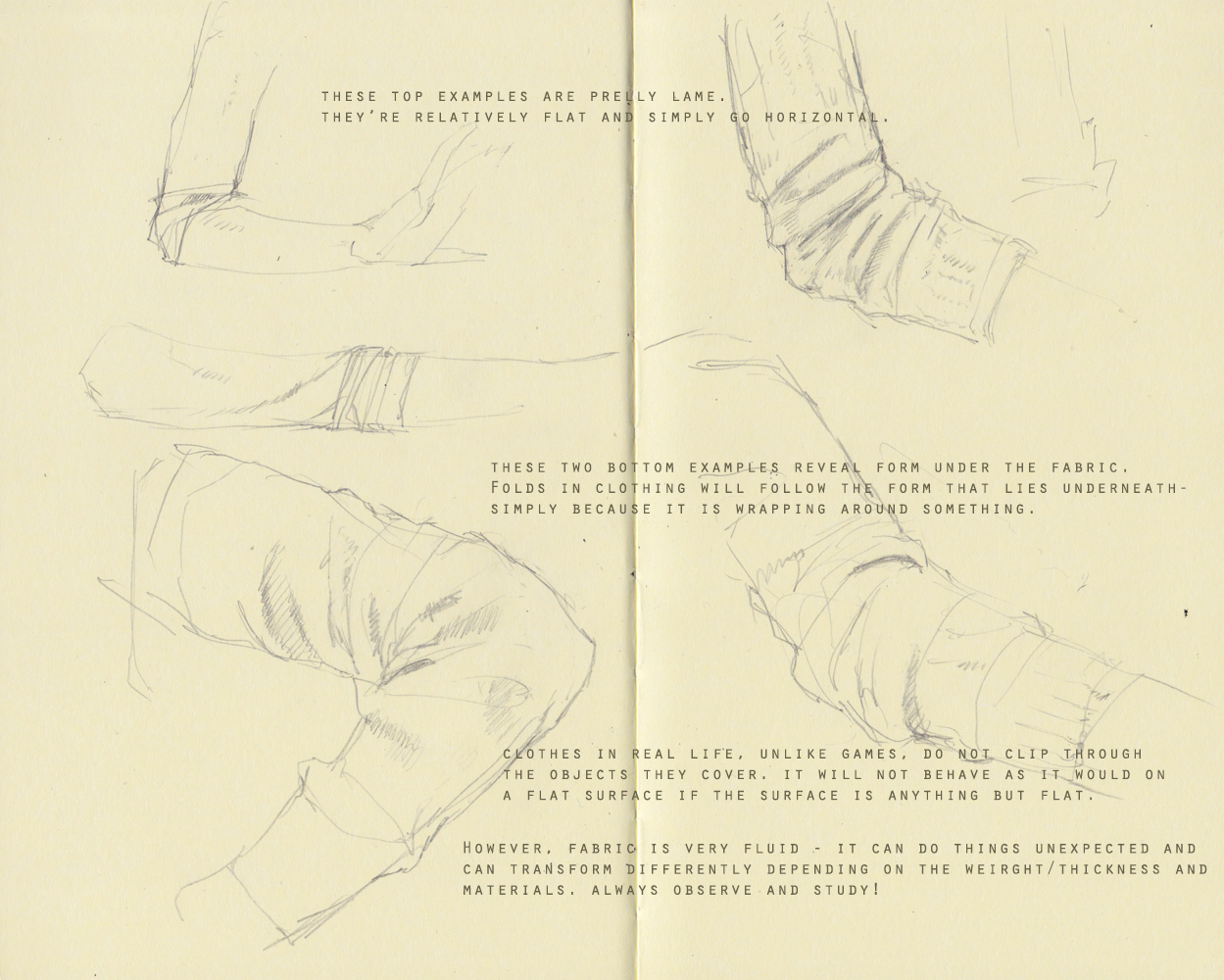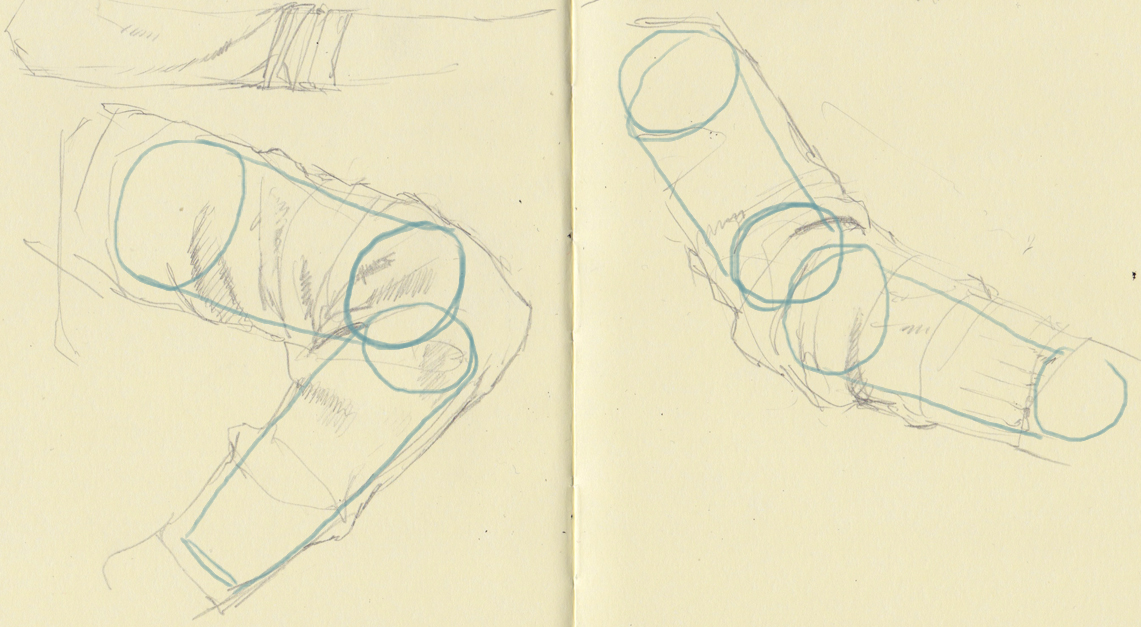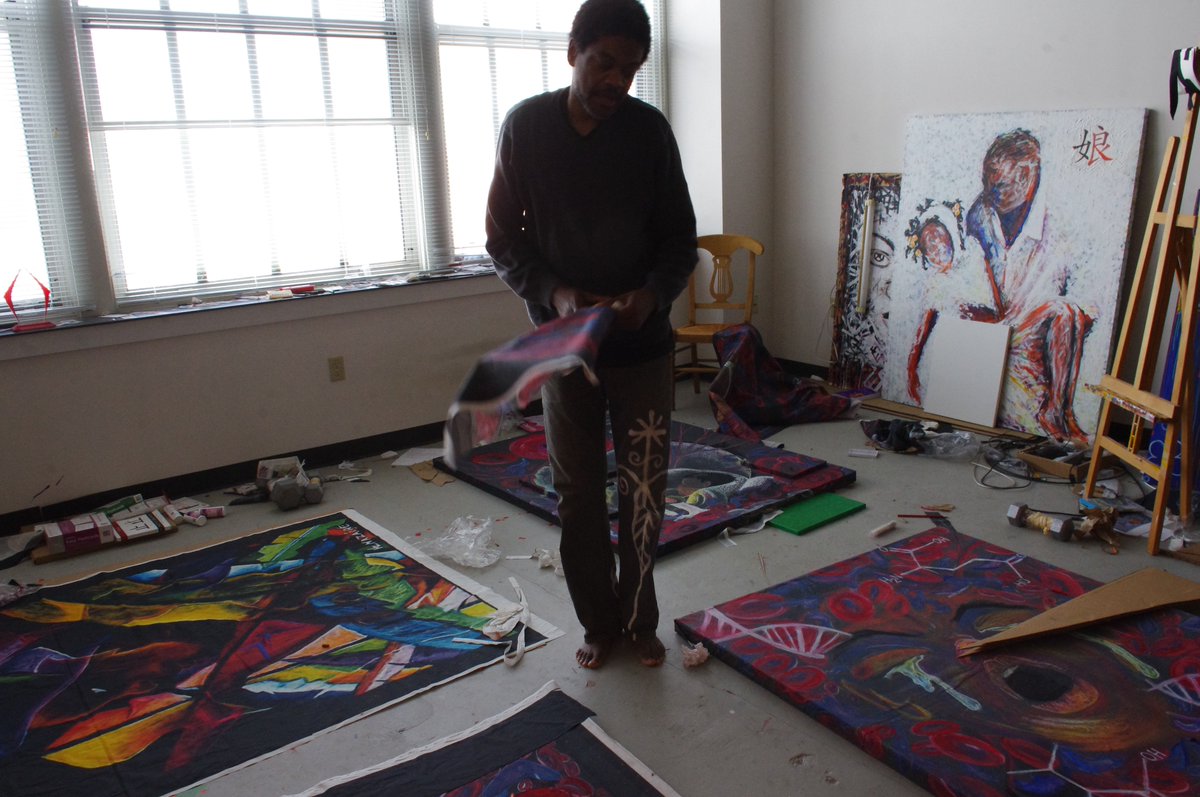I am getting pissed off at myself. It's either tablet jitter, or I am developing some hand/eye atrophy. My lines are not straight enough and they tend to veer off course.
I am trying to draw a
Power Glove-esque project but you can clearly see my lines are chicken scratch and garbled. It's stressing me out because I have this big idea in my head but the process is such a slog because it's not up to what I had envisioned. The weird thing is that on pen and paper, it isn't as severe but I still have trouble with making non-referenced images that aren't amateur picasso abominations or high school chicken scratch.
I apologize if I am come off a bit heated, but there's a lot of weighted emotion and expectation behind all of this.
[EDIT] I just realized I fucked up the perspective on the bottom square. This is how bad I get when I get flustered and unfocused, lol.
Make sure you have the "Tip Double-click Distance" turned all the way off if you are using a Wacom.
As for line quality, start off by warming up with a lot of hand/eye exercises before you start sketching anything. Put down two dots and then connect them in one stroke. Draw boxes in perspective and then draw an ellipse on each of the faces that conforms to the established perspective. Connect the corners of the box so that there is an X shape dividing each face of your boxes. Draw free hand circles and ellipses of varying size and shape. These are not the most exciting things in the world, but they will increase your hand/eye coordination and allow you to put the line down where you want it and to use descriptive mark-making. Don't chicken scratch your way to the proper line, try to envision where you want it, and put it down in one stroke. If it comes out wrong, undo, and try again until you get it right.
Make sure you are training yourself to draw using your elbow or shoulder as a pivot point, instead of your wrist/fingers while you are learning. Be bold and commit to making your marks.
Use the digital medium to your advantage. If you are losing the plot, and perspective is going all over the place because you are too focused on each individual detail, then draw the basic geometric forms (boxes, cylinders, spheres) and get them to correctly convey your form first. Then lower the opacity and draw onto another layer over the top. That will take a lot of the mental processing your brain is trying to do all at once out of the drawing process.
Above all, practice, practice, practice. This is said all the time, but it really cannot be overstated. Becoming good at drawing is going to take a lot longer than you would like, but practicing properly will really quicken the pace.
It's also good to be prepared for the fact that you will never be wholly satisfied with your artistic abilities, so learn to enjoy the process of learning. Good Luck!



